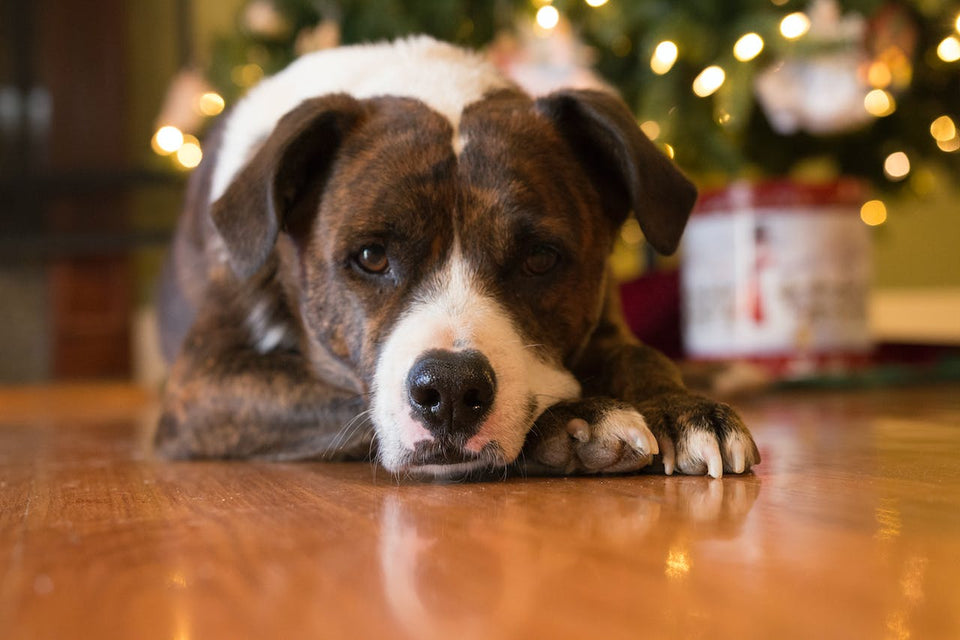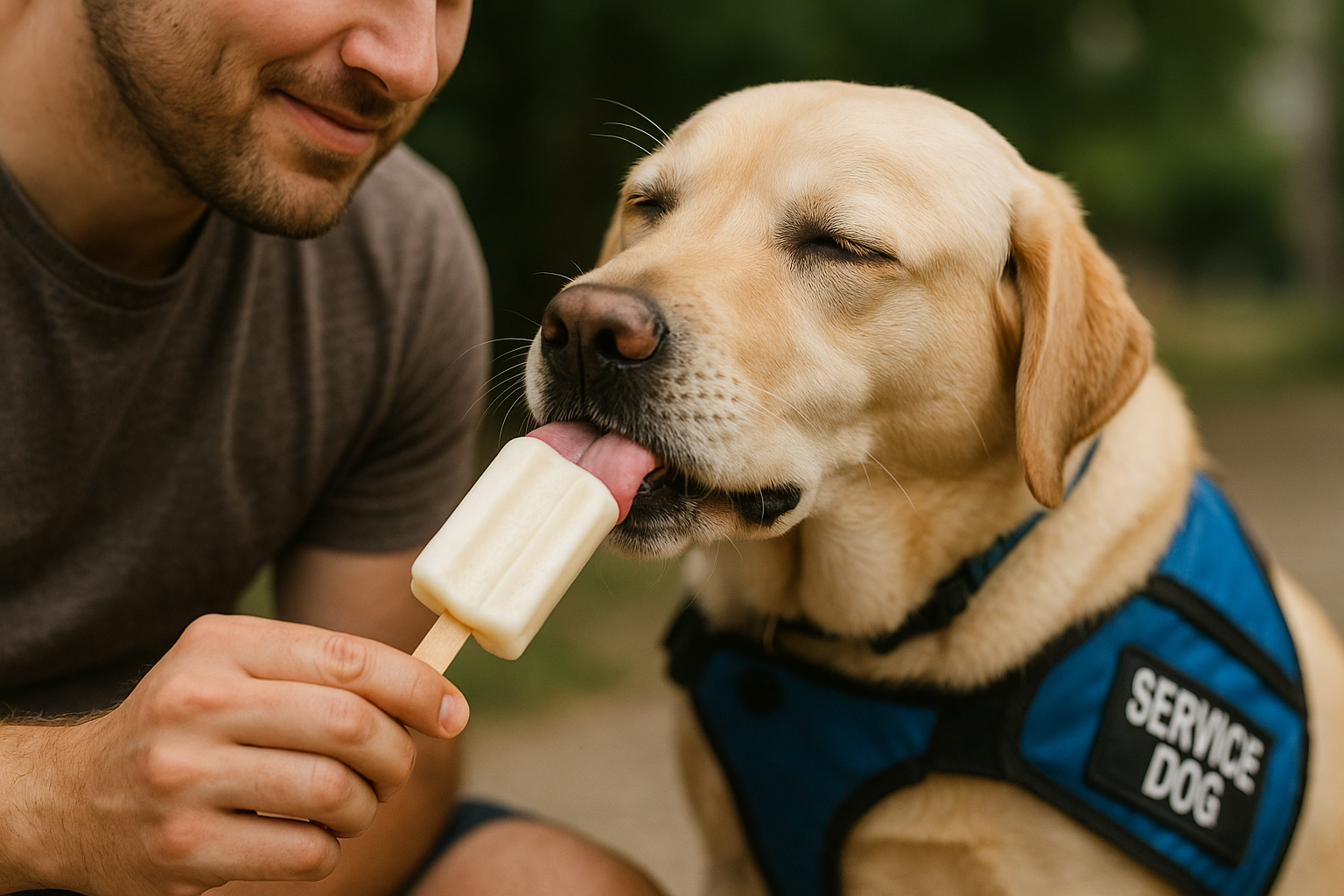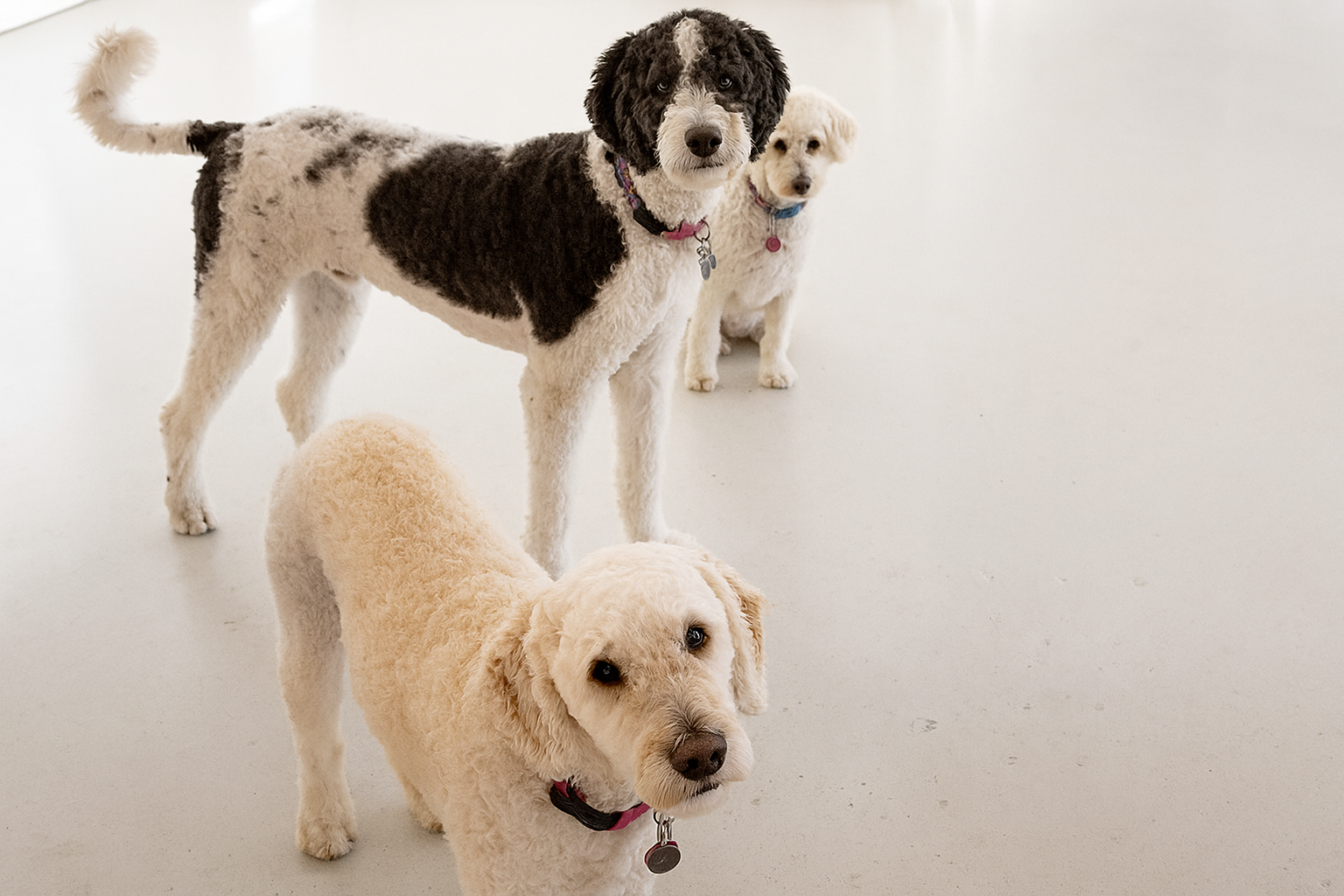Is a Christmas Cactus Poisonous to Dogs

Houseplants and decorative flora have long been a favorite for sprucing up living spaces, and the holiday season is no exception. Among the popular festive plants, the Christmas Cactus stands out with its vibrant blooms and unique, segmented leaves. This succulent is often a sought-after decorative piece, especially around the holidays, adorning window sills and tabletops with its seasonal charm. Yet, for households with curious pets, especially dogs, the addition of any new plant often raises a crucial question: Is it safe for my pet?
Dog owners are well aware of the potential hazards some plants can pose to their furry companions. Certain plants can be toxic when ingested, leading to a range of symptoms from mild gastrointestinal upset to more severe health implications. Given the allure of the Christmas Cactus's unusual structure and the tendency of dogs to nibble on intriguing greenery, it's essential to understand whether this festive plant poses any danger. If you're pondering the safety of the Christmas Cactus in a home shared with dogs, continue reading to discover its potential effects on your beloved pet.
Is Christmas Cactus Toxic to Dogs?
General Perceptions:
The Christmas Cactus, with its intriguing and somewhat misleading name, often becomes a centerpiece of conversation in households that prioritize pet safety. We're all aware that numerous plants can pose a risk to pets, sometimes triggering a host of symptoms which might vary from being mildly discomforting to potentially severe. However, when it comes to the Christmas Cactus, with its strikingly unique appearance and alluring name, it doesn't exactly fit this general notion. The reputable American Society for the Prevention of Cruelty to Animals (ASPCA) categorizes the Christmas Cactus as non-toxic to both our canine and feline friends. This classification indicates that the segmented stems and the colorful flowers of this plant aren't inherently harmful to these pets.
Potential Reactions:
That being said, the term "non-toxic" shouldn't be mistaken for "absolutely safe." While studies show that the Christmas Cactus doesn't possess harmful compounds that might poison dogs, ingestion of its parts may still induce some level of discomfort. A significant consumption of this fibrous plant material could potentially unsettle a pet's digestive system. Symptoms might include signs like vomiting or diarrhea, hence the importance of keeping a vigilant eye on your pet, especially if you notice it showing an interest in the cactus.
As you prioritize your pet's safety this festive season, don't forget about the ambiance of your living space! Use Marlie Mist Pet Odor Eliminator Spray to seamlessly blend the joys of the holiday spirit with a refreshing, pet-friendly scent.
Immediate Steps Post-Ingestion
Observation and Assessment:
In the event that your dog seems to have developed a fondness for your Christmas Cactus, your first emotion could understandably be one of concern or even mild panic. The most crucial step here is to stay calm and intently watch your pet for any signs that may indicate distress. Even though the plant isn't toxic per se, it might still lead to gastrointestinal irritation. Signs to watch out for may include excessive drooling, signs of nausea, or any peculiar behavioral changes.
Consulting the Vet:
Whenever your pet consumes something out of the ordinary, reaching out to a veterinarian is always recommended, irrespective of the known toxicity levels of the ingested substance. Veterinarians have the expertise to provide insights into what to be wary of and can give recommendations specifically tailored to your pet's condition. Echoing this sentiment, Dr. Vahrenwald underscores the significance of seeking help promptly, suggesting that early intervention might be more beneficial than waiting for any symptoms to escalate.
Related Link: How to Safely and Effectively Clean Your Dog’s Ears
Other Holiday Plants to Beware of
List of Toxic Plants:
The Christmas Cactus may not be on your list of concerns, but the festive season brings along other plants that might not be as forgiving. Notable ones to be cautious of include mistletoe, amaryllis, poinsettia, holly, and lilies. These plants contain compounds that may be harmful to pets upon ingestion. The resulting symptoms can differ based on several factors such as the type of plant, quantity consumed, and the pet's size. Common symptoms might encompass gastrointestinal issues, excessive drooling, and in certain situations, more severe reactions.
Prevention Measures:
Ensuring pet safety during the holiday festivities predominantly revolves around proactive prevention. The Independent Veterinary Practitioners Association (IVPA) offers valuable advice like diligently vacuuming any fallen Christmas tree needles and strategically placing plants where pets can't reach them. If you're leaning towards a real Christmas tree, it's of paramount importance to shield the tree's water basin, considering it might contain residues of chemicals like pesticides and fertilizers. A considerate addition could be a pet gate encircling the Christmas tree, which acts as a deterrent, restricting pets from getting too close.
Enhancing Home Safety During the Holidays
General Home Safety:
The holiday season, while merry and bright, can inadvertently introduce a plethora of potential hazards for pets. From tempting edible decorations such as chocolates to certain seasonal dishes, there are items that might not sit well with a dog's digestive system. It becomes imperative, then, to ensure such potential hazards are placed out of their curious reach. Educating guests and family members about pet-safe practices can also be immensely beneficial, ensuring they're aware of what's off-limits for your pet.
Creating Pet-Safe Zones:
An effective strategy might be designating certain areas in your home as pet-safe zones. These zones can act as sanctuaries, devoid of any plants, ornate decorations, or foods that could potentially be risky for pets. Making these zones enticing and comfortable for pets can also deter them from venturing into areas where they might encounter potential dangers.
Dive into the festive season, confident in a solution that is as safe for your pet as it is effective in eliminating those pesky odors with our Marlie Mist Pet Odor Eliminator Spray.
Embracing Festivities with Pet Safety in Mind

The joyous holiday season is synonymous with warmth, celebration, and cherished moments with loved ones. However, as custodians of our beloved pets, it falls upon us to ensure that our festive enthusiasm doesn't inadvertently compromise their safety. While the Christmas Cactus is generally seen as benign, awareness and proactive measures concerning other potential hazards can be game-changers. Through vigilance and adopting a few precautionary steps, it's entirely possible to guarantee that the festive season remains memorable and safe for every family member, including our four-legged companions.
Related Link: Home Remedies for Dog Lethargy: Boosting Energy Naturally
Share this article
written by


